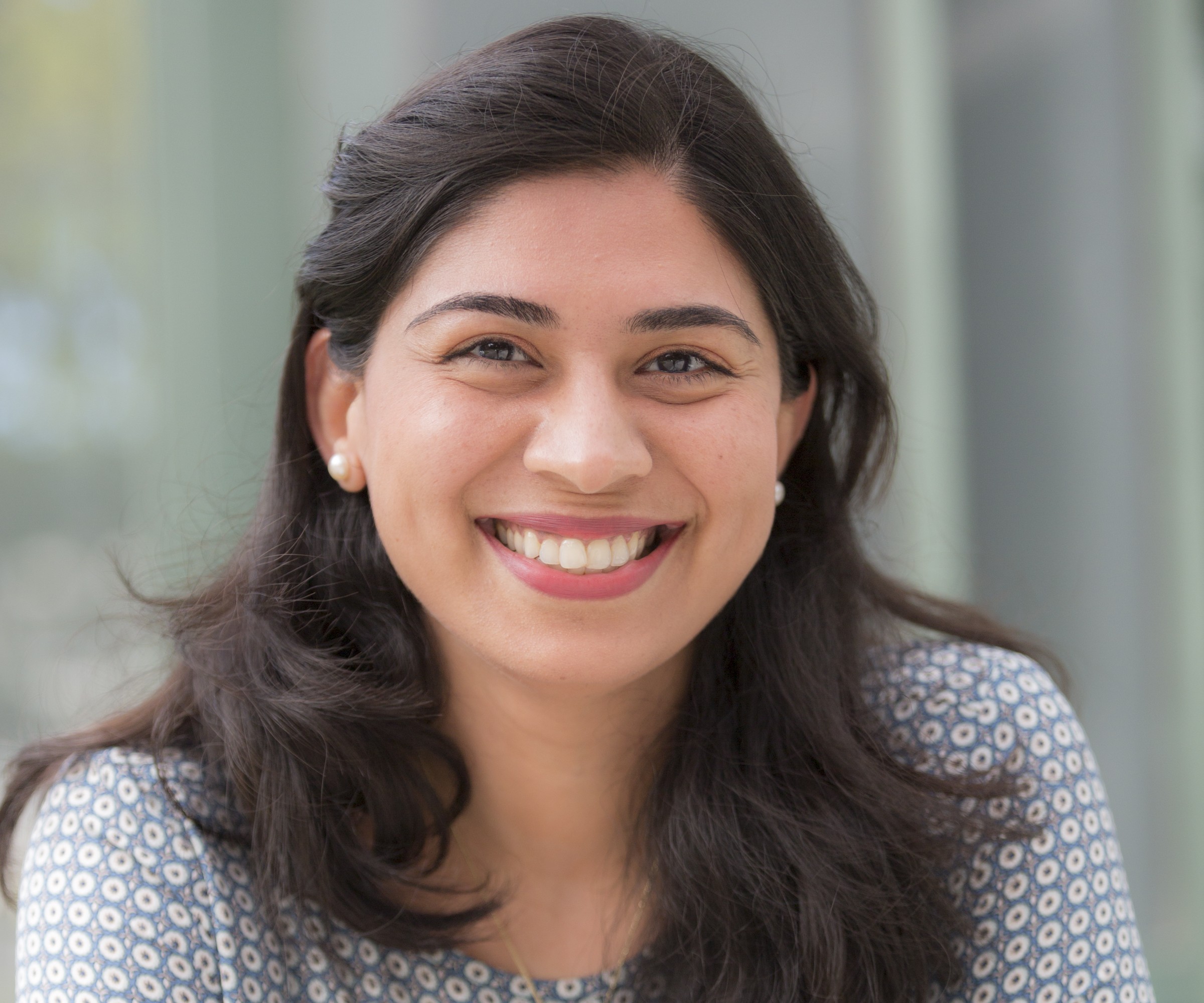Over the course of the twentieth century, Shia Ismaili Muslim communities were repeatedly displaced. How, in the aftermath of these displacements, did they remake their communities? Professor Shenila Khoja-Moolji highlights women's critical role in this rebuilding process and breaks new ground by writing women into modern Ismaili history. Rebuilding Community tells the story of how Ismaili Muslim women who fled East Pakistan and East Africa in the 1970s recreated religious community (jamat) in North America. Drawing on oral histories, fieldwork, and memory texts, Khoja-Moolji illuminates the placemaking activities through which Ismaili women reproduce bonds of spiritual kinship: from cooking for congregants on feast days and looking after sick coreligionists to engaging in memory work through miracle stories and cookbooks. Khoja-Moolji situates these activities within the framework of ethical norms that more broadly define and sustain the Ismaili sociality. Jamat--and religious community more generally--is not a given, but an ethical relation that is maintained daily and intergenerationally through everyday acts of care. By emphasizing women's care work in producing relationality and repairing trauma, Khoja-Moolji disrupts the conventional articulation of displaced people as dependent subjects.
Professor Shenila Khoja-Moolji is Hamad bin Khalifa al-Thani Associate Professor of Muslim Societies at Georgetown University. She is an interdisciplinary scholar with research interests in the fields of Muslim studies, feminist theory, South Asia, and migration. Professor Khoja-Moolji is the author of award-winning books which include Forging the Ideal Educated Girl: The Production of Desirable Subjects in Muslim South Asia (2018) and Sovereign Attachments: Masculinity, Muslimness, and Affective Politics in Pakistan (2021). Her latest book, Rebuilding Community: Displaced Women and the Making of a Shia Ismaili Muslim Sociality, was published by Oxford University Press.
Professor Khoja-Moolji's Athenaeum lecture is sponsored by the Kutten Lectureship in Religious Studies at CMC.

